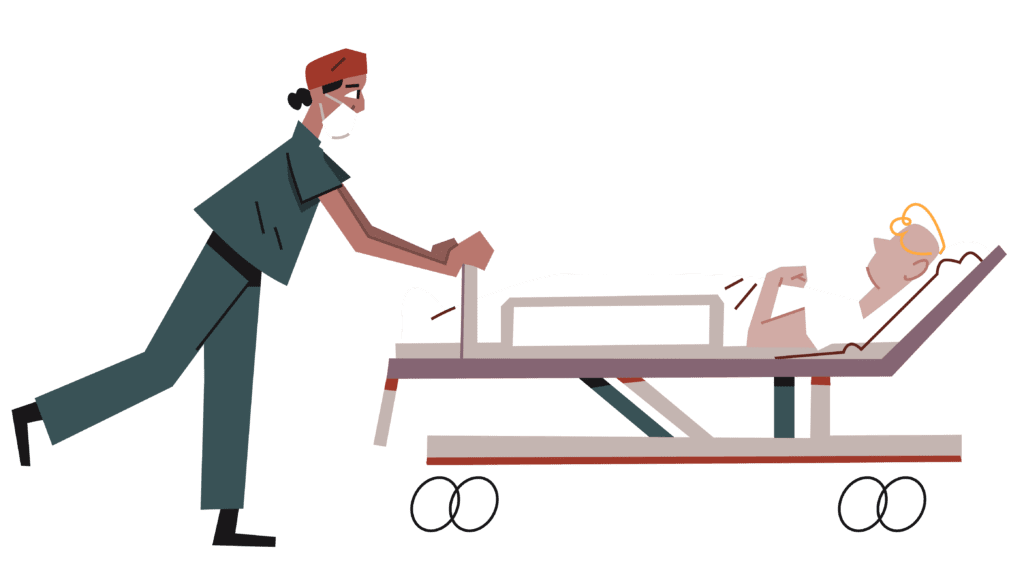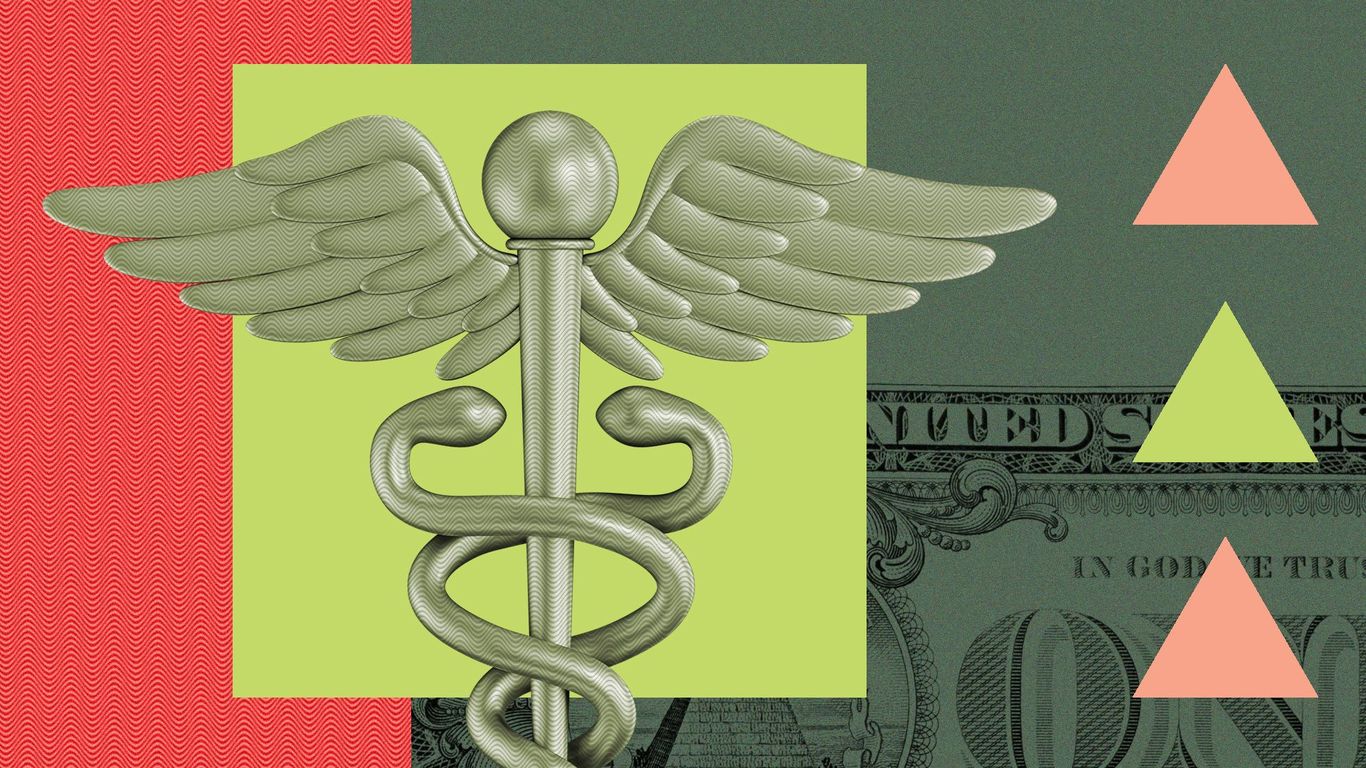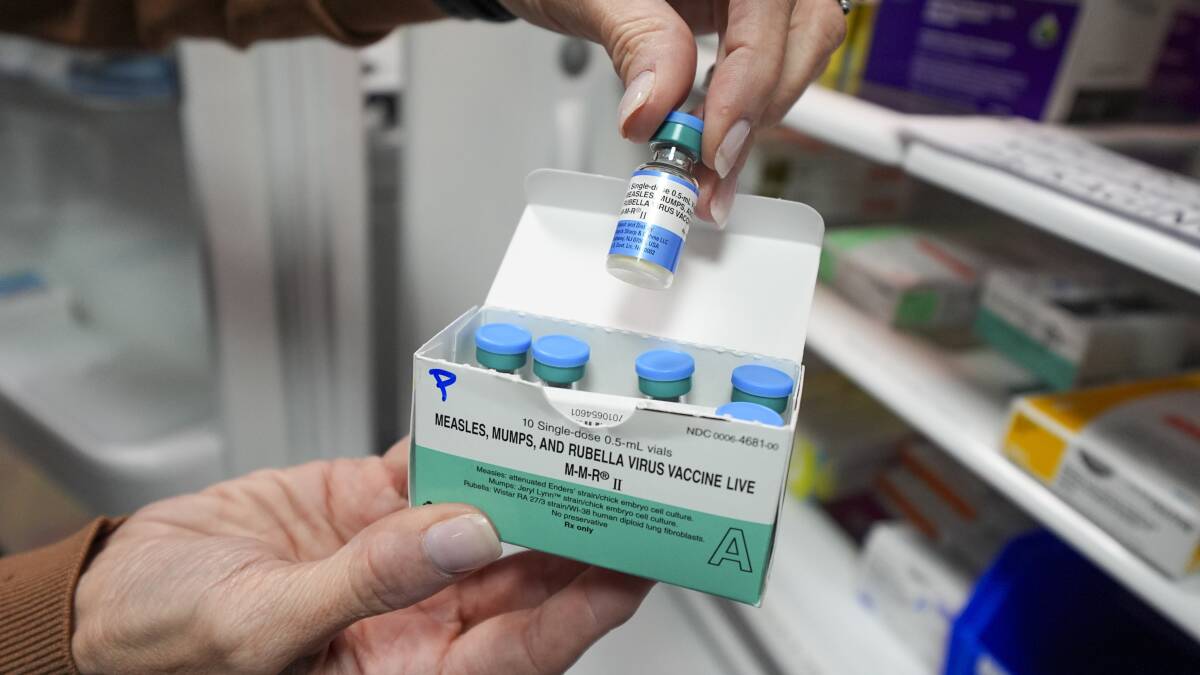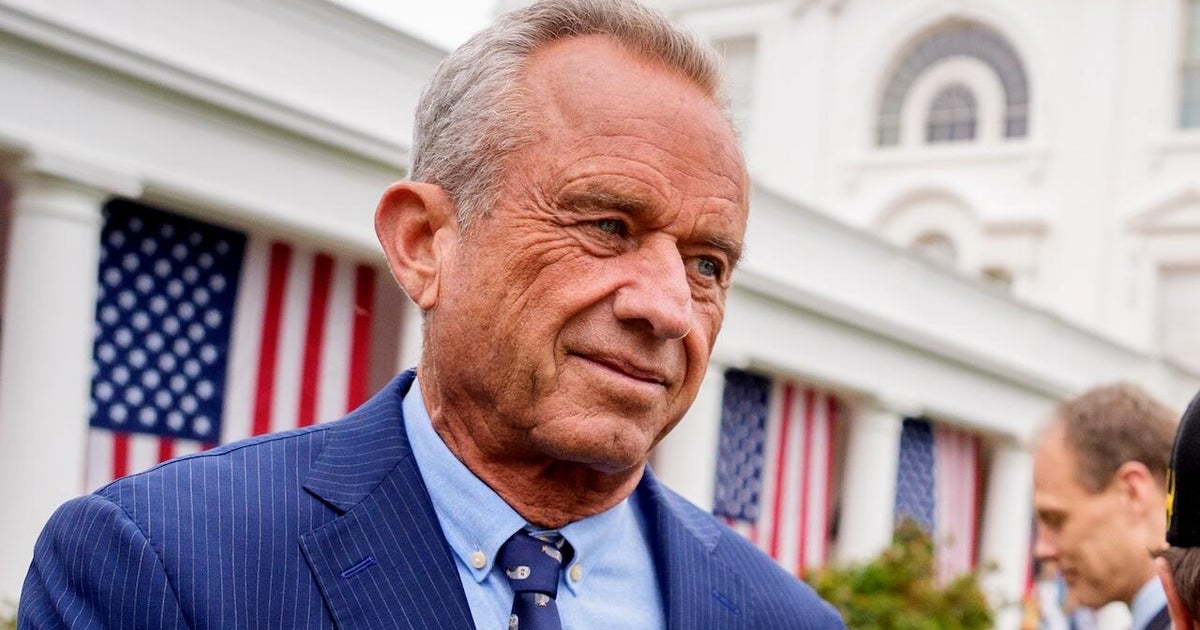Unsung Heroes Persist: 9/11 First Responders Battle for Lifeline Healthcare Funding
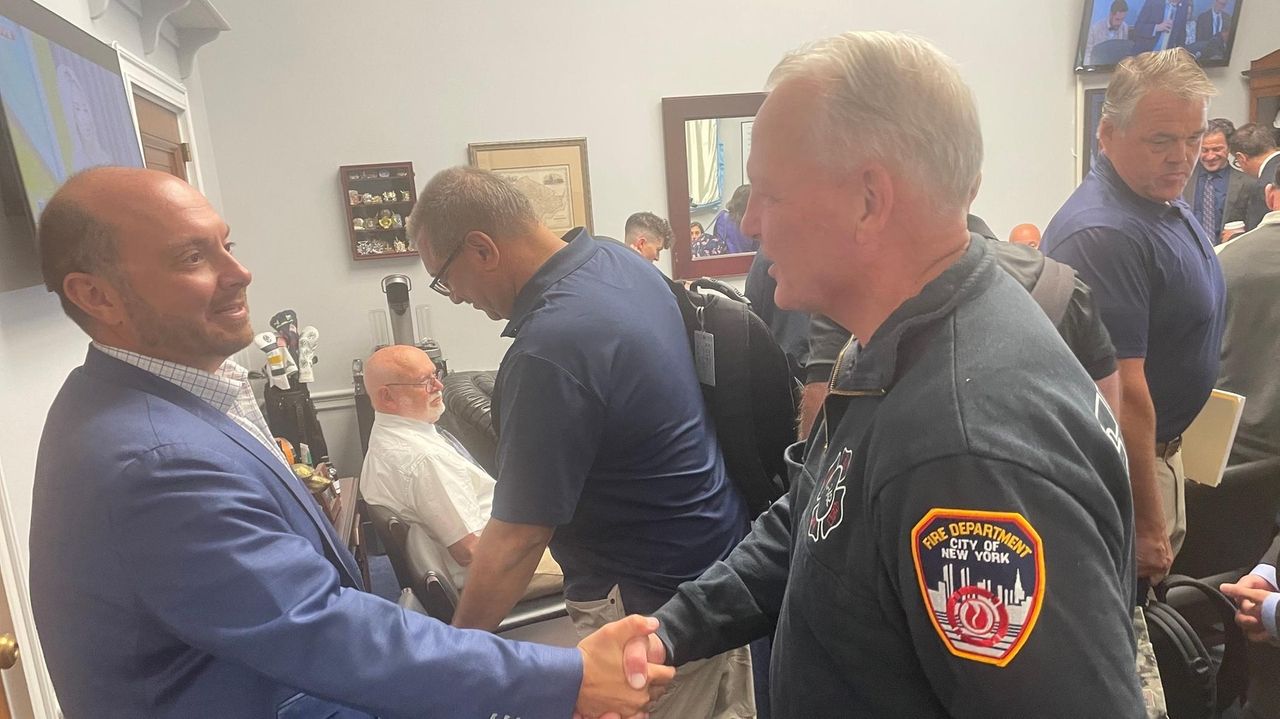
A Critical Challenge Looms: WTC Health Program Confronts Massive Funding Gap
The World Trade Center Health Program is facing a daunting financial crisis, with projections indicating a staggering $3 billion funding shortfall over the next decade and a half. This vital program, which provides critical medical support to 9/11 first responders and survivors, now stands at a critical crossroads.
The impending budget deficit threatens to undermine years of dedicated care and support for those who risked everything during and after the September 11 terrorist attacks. First responders, rescue workers, and survivors who continue to battle health complications from ground zero exposure are now confronting the potential reduction of essential medical services.
Health experts and advocates are urgently calling for congressional intervention to bridge this substantial financial gap. The program has been a lifeline for thousands of individuals who have suffered long-term health consequences from their heroic efforts during one of the most traumatic moments in American history.
As the funding challenge intensifies, the future of comprehensive medical care for 9/11 heroes hangs in the balance, underscoring the critical need for sustained financial commitment and support.

